Guide
Turbo/Supercharger Build.

DIFFICULTY LEVEL: Easy
APPLICABLE MODELS:
5 Series (1988-1995)
Walkthrough
The design of a turbocharger is very similar to that of the supercharger. The difference is that one is exhaust-driven(turbo) and the other is belt-driven(supercharger). The general rule is that a turbocharger maximizes your powerband at a higher RPM, because it is powered by the amount of exhaust being forced through it. On the other hand, a supercharger has better lowend torque, since it is controlled by a belt directly connected to the crankshaft. A supercharger is already injecting air into the system, even at extremely low rpm. Generally, superchargers cost a little more than turbo kits, but a turbo kit is tougher to install, as you must typically route your exhaust system through the turbocharger as well as add an intercooler. There are tradeoffs between both systems. In theory, a turbocharger is more efficient because it is using the “wasted” energy in the exhaust stream for its power source. On the other hand, a turbocharger causes some amount of back pressure in the exhaust system and it also tends to provide less boost until the engine is running at higher RPMs. Superchargers are easier to install but tend to be more expensive. | |||||||||||||||||||||||||||||
| Supercharger: A supercharger is much like a turbocharger, with the biggest differnce being that a supercharger is connected directly to the crankshaft with a belt. A supercharger is matched to an engine by its displacement and belt ratio. It can provide excess airflow at any engine speed. The concentrated charge of air provided by a supercharger results in a more powerful combustion stroke in the engine’s cylinders, resulting in improved engine performance. A supercharger is a self-contained unit, while the turbocharger relies on the engine’s exhaust system- and, often, an intercooling system to function. | |||||||||||||||||||||||||||||
European Supercharging Systems:
Pros:
Not enough info. | |||||||||||||||||||||||||||||
| Turbocharger: A turbocharger is an air pump designed to operate on the normally wasted energy in the engine’s exhaust system. The exhaust gases that would normally flow out of the tailpipe are instead routed through a turbocharger unit mounted adjacent to the engine. Inside the turbocharger are two back-to-back turbines. On the exhaust side, a turbine uses the exhaust gases flowing through it to spin. When the exhaust-side turbine spins, so does the other turbine, forcing air into the intake of the engine. The exhaust output controls how fast the turbine spins, so at slower revs the turbine spins more slowly and forces less air into the intake of the engine. If the force of the exhaust gases is low enough, the turbo will barely spin, if at all. As the engine rpm increases, the turbine spins faster and forces more air into the engine’s intake. This is why turbos tend to work better at higher rpm and why turbochargers experience what is called turbo lag(the delayed time it takes for the turbine to spool up). Some companies use twin turbo systems, which compensate for the low/high-end sacrifice by dedicating one turbo to each situation. | |||||||||||||||||||||||||||||
Turbocharger Dynamics: Korman Mosselman Turbo Systems: – Low Boost System, 5.5-6.0 psi New M30 power: 265 Hp | |||||||||||||||||||||||||||||
